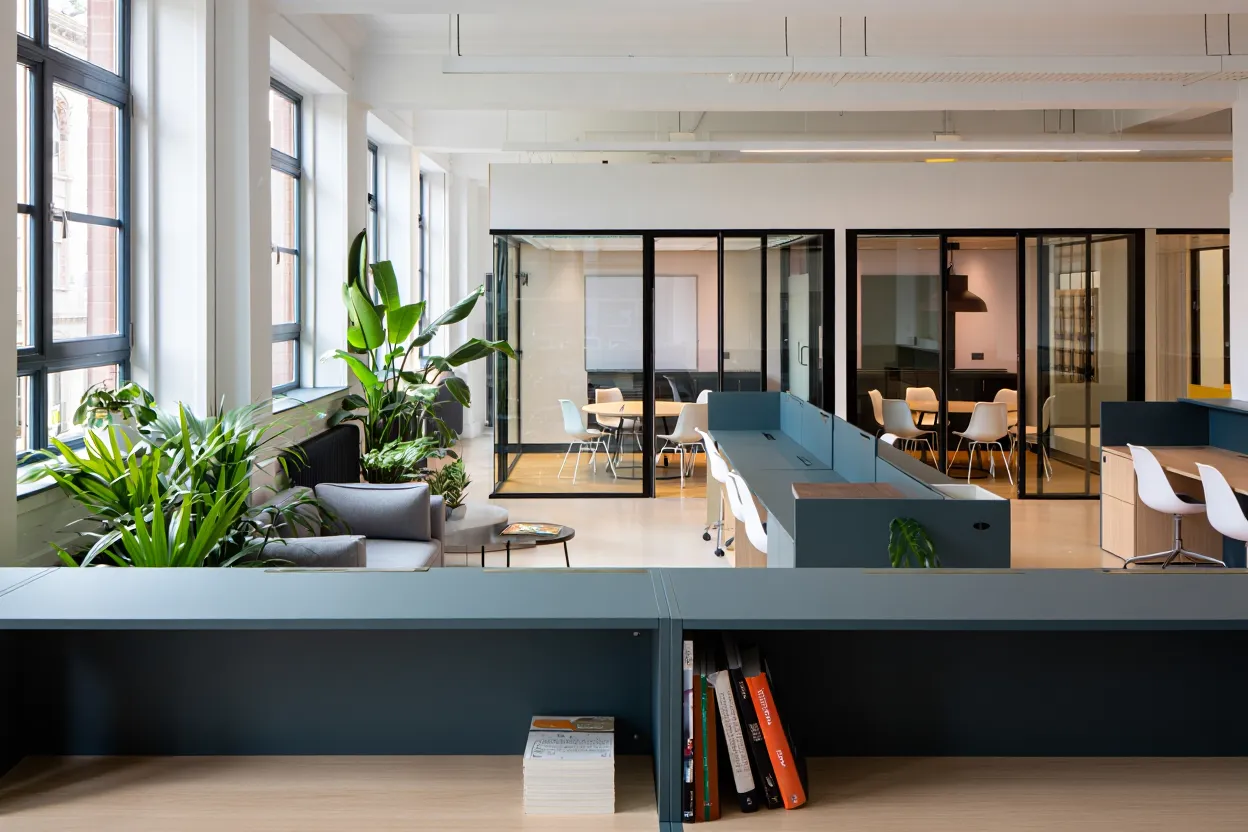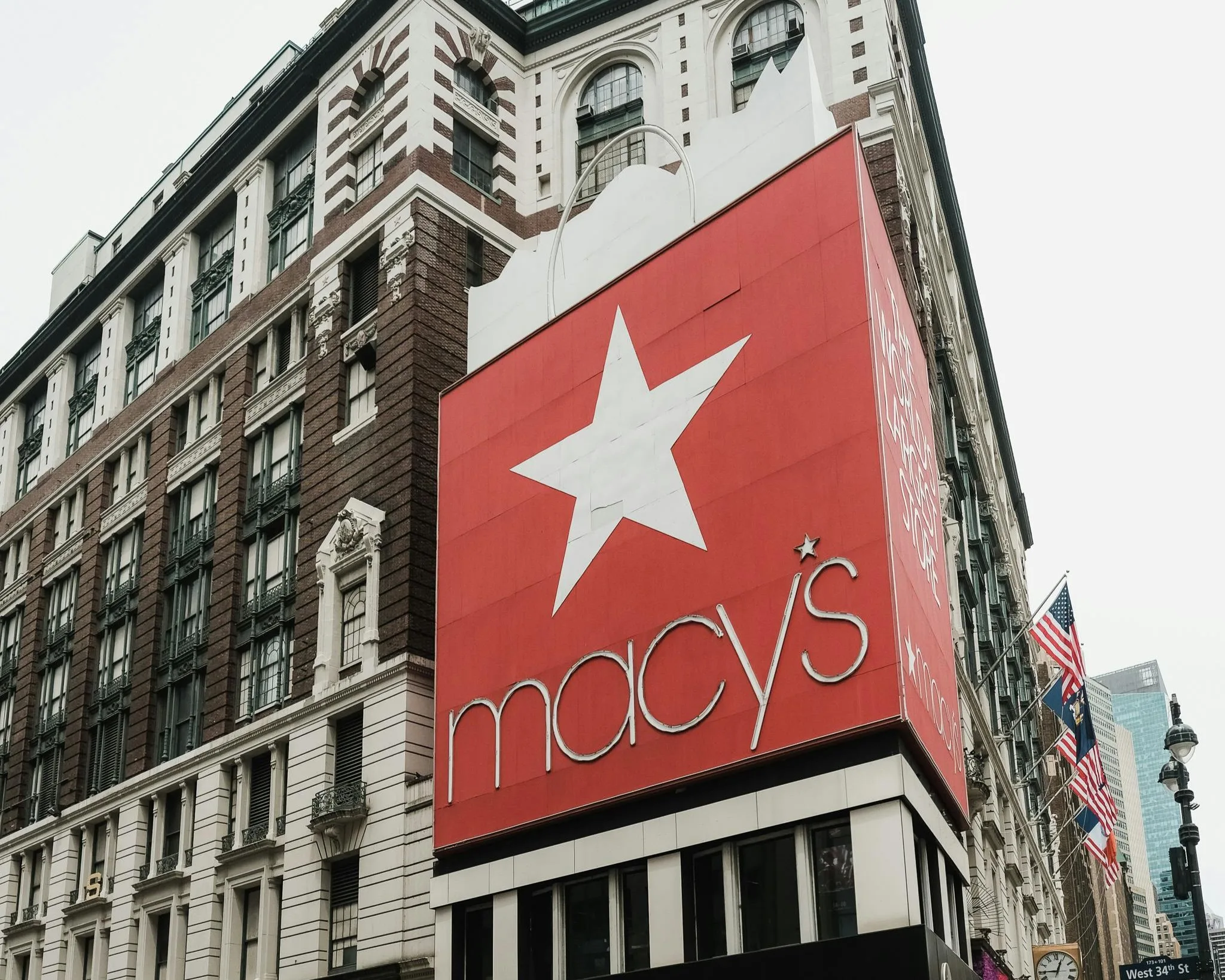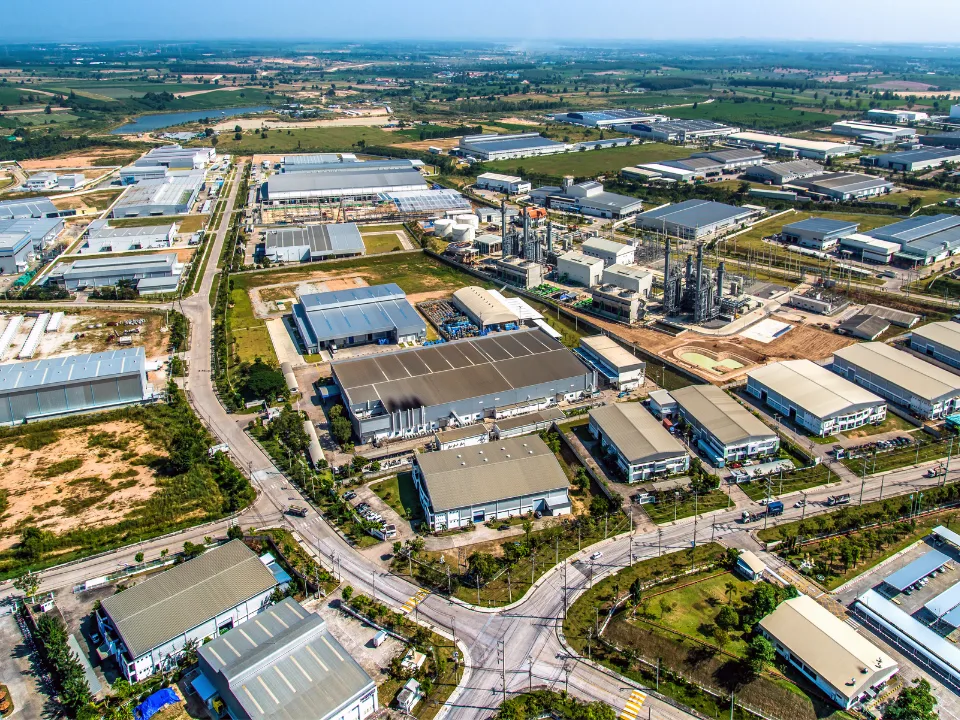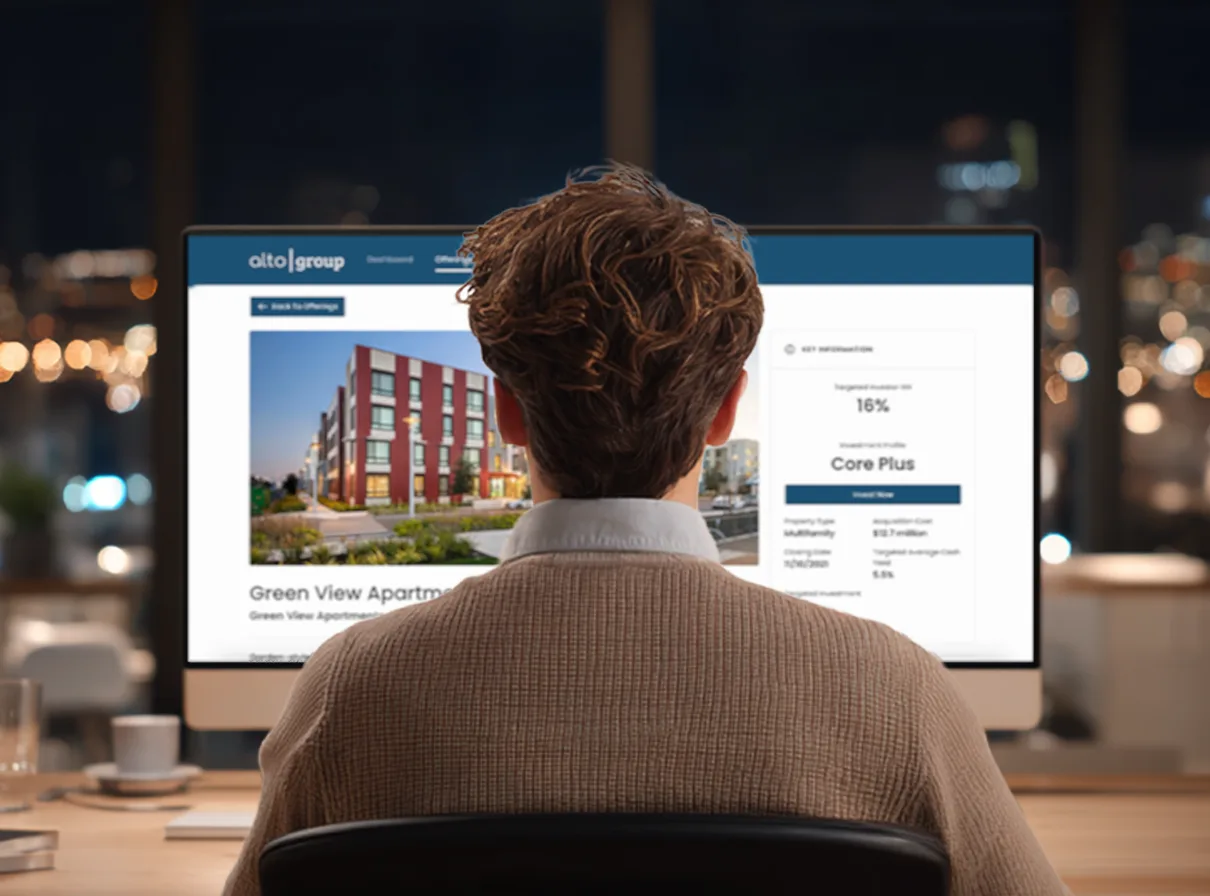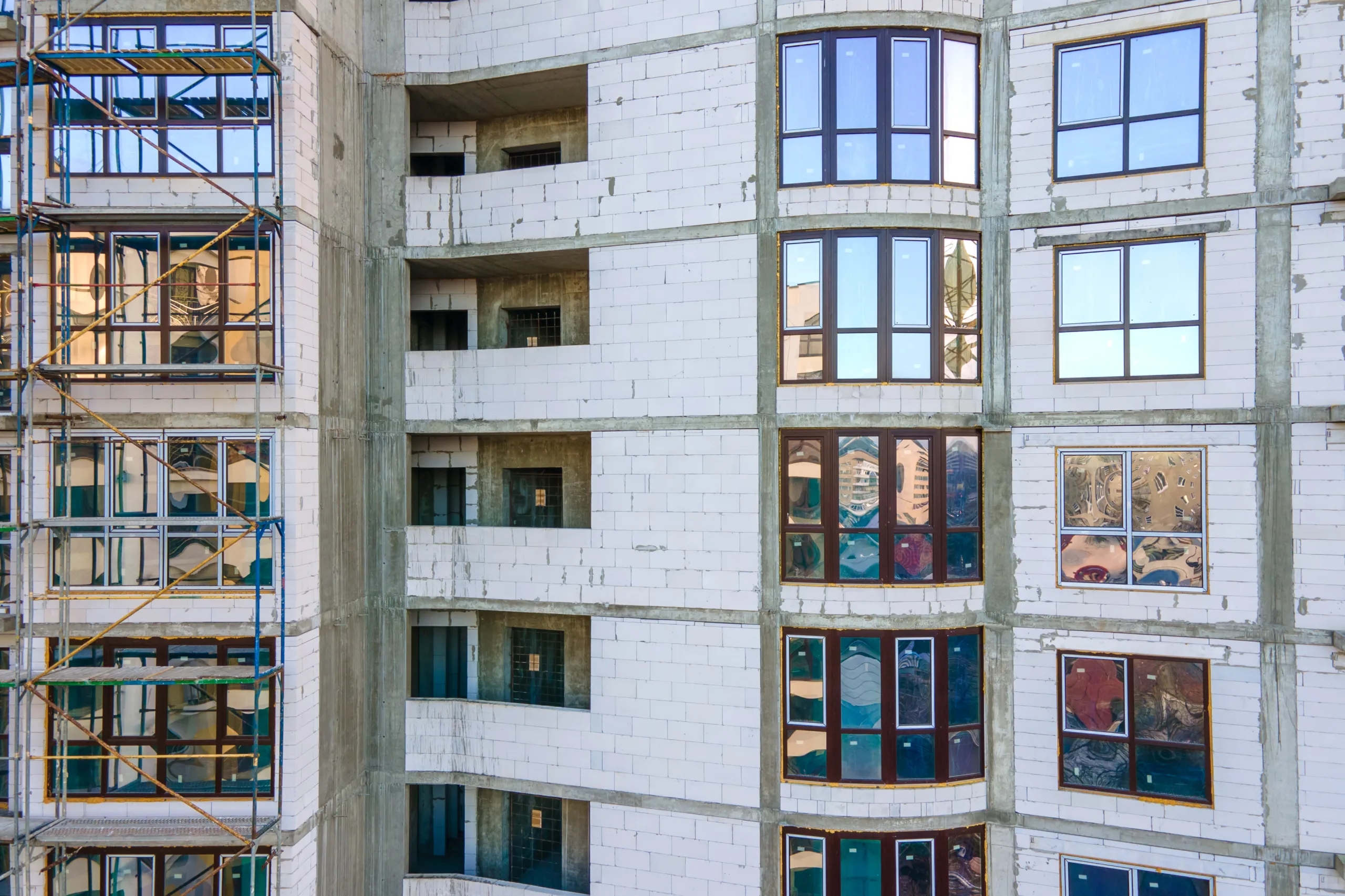- Leading industrial real estate firms like Prologis, Rexford Industrial, and First Industrial Realty Trust report stalled leasing activity and delayed projects due to tariff uncertainty.rn
- The Trump administration’s shifting trade policy and announced tariffs have caused port traffic to drop and investors to retreat from warehouse-focused REITs.
- Developers are slashing speculative construction budgets as costs for materials rise and tenant demand weakens, signaling a broader economic slowdown.
A Chill In The Warehouse Market
After a strong start to the year, some of the world’s largest industrial real estate firms are seeing tenants hit the brakes, reports CoStar. Tariff uncertainty from April’s announcements sparked investor concern, leasing delays, and construction cutbacks, creating new challenges for logistics and warehouse developers.
Policy Shock
Plans for a 10% universal tariff and 145% on Chinese goods rattled industrial real estate markets, stalling activity and confidence. Landlords and tenants are reassessing risk, leading to deferred leasing decisions and slower deal activity, say executives at Prologis, Colliers, and Rexford.
CEO Sentiment Turns Cautious
Amid growing tariff uncertainty, First Industrial CEO Peter Baccile said the sector is caught in “geopolitical and economic sausage-making”. Prologis, the largest warehouse owner globally, slashed its development guidance by nearly 30% — down to $1.5B to $2B — due to mounting uncertainty.
Get Smarter about what matters in CRE
Stay ahead of trends in commercial real estate with CRE Daily – the free newsletter delivering everything you need to start your day in just 5-minutes
Investor Flight
Tariff uncertainty has rattled REIT investors, with the ftse nareit all equity reit index dropping over 9% in April, led by industrial real estate declines. Analysts warn that delayed investment and hiring could heighten recession risks.
Port Traffic Slumps
Container traffic at Los Angeles and Long Beach ports dropped 35% YoY, significantly disrupting logistics networks across the West Coast. Likewise, Washington state ports expect similar volume declines this month, further straining supply chains.
Supply Chain Strain
Tariff uncertainty is driving up construction costs for materials like steel and aluminum, especially in high-cost cities like San Francisco and Los Angeles. That’s making new developments harder to pencil out, say industry leaders.
What’s Next
With no clear end to the trade volatility, industrial developers are expected to remain cautious. Short-term deals may resume with trade progress, but long-term confidence hinges on clearer policies and stable economic conditions.
